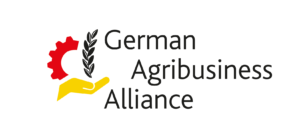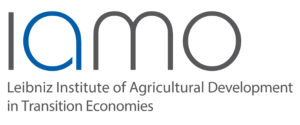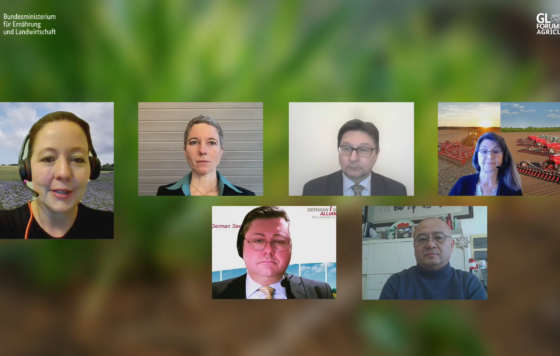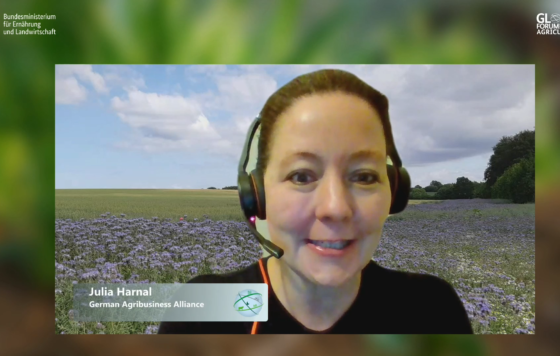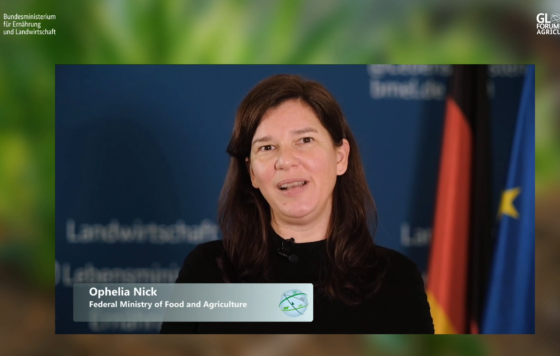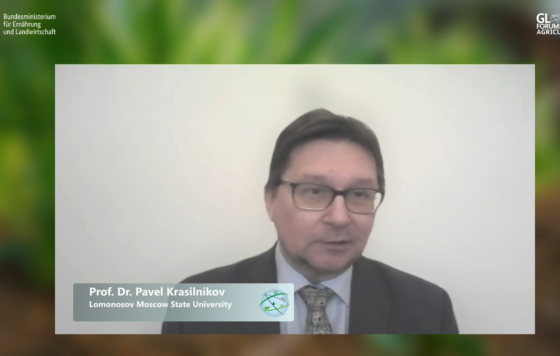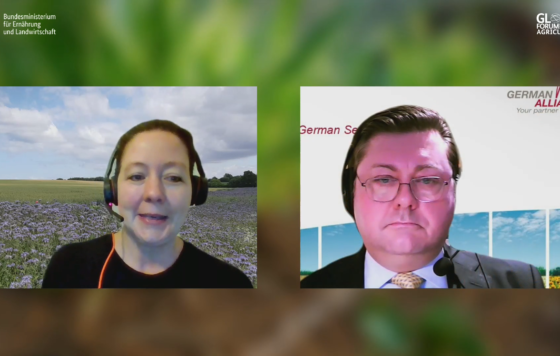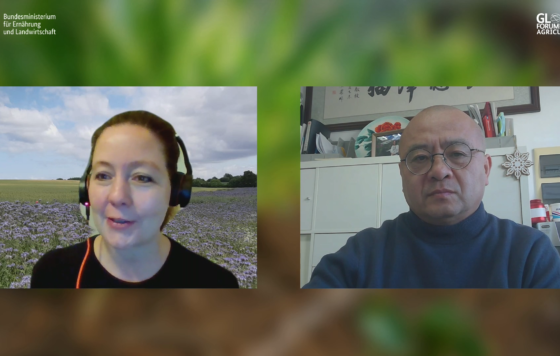Securing #soilidity. Challenges and solutions for sustainable land use

![]()
German Agribusiness Alliance (GAA)
Leibniz Institute of Agricultural Development in Transition Economies (IAMO)
Cooperation partners:
German Eastern Business Association
German-Russian Agricultural Policy Dialogue
Time: Thursday, 27. January 2022, 8:00 a.m. – 9:00 a.m. (CET), subsequent deep dive 9:00 a.m. – 9:30 a.m.
Languages: English, German, Russian, Chinese
Summary:
Climate change, soil degradation and water shortages threaten soil fertility and thus the basis of agriculture. The key question is how to reconcile economic and ecological efficiency. “Agriculture is dependent on the climate, so the goal in agriculture must be to substantially reduce emissions and sequester more CO2, methods for CO2 removal can make a decisive contribution to climate neutrality,” says Prof. Julia Pongratz, LMU Munich. However, a comprehensive assessment must be made with regards to undesirable side effects such as influences on the ecosystem and competition with land use opportunities, she added. Prof. Pavel Krasilnikov, Lomonosov University, Moscow, explained that climate-adapted agriculture in Russia will include more measures to preserve soil fertility and better manage climate change in the future. Torsten Spill, German Seed Alliance, emphasized the role of new plant varieties to produce yields under extreme soil conditions. In his view, international exchange and partnerships between industry and state institutes in research in crop production are central to being able to make appropriate offers. In conclusion, Cornelia Horsch, HORSCH Maschinen, was convinced that the modern agricultural sector would develop in the direction of hybrid agriculture, the combination of conventional and organic farming, in the future.


